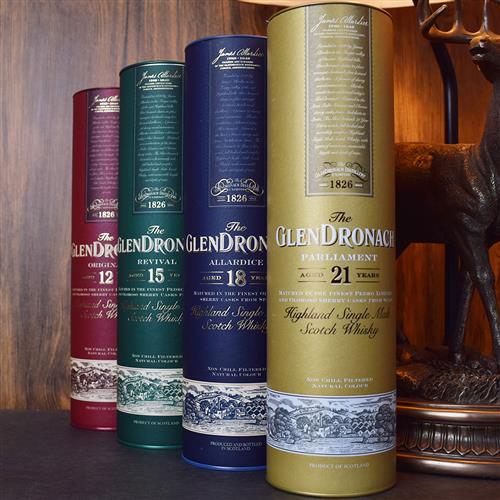Popular Whisky Ages
Whiskey or whisky is an alcoholic beverage made by distilling grains. It is commonly aged in barrels, allowing it to develop its distinctive flavors and color. One of the most significant factors in determining the taste of whiskey is the length of time it has been aged. In general, the longer the whiskey is aged, the smoother and more complex its flavor will become. There are several popular whiskey ages that are commonly available, each with its unique qualities and characteristics.
The most common whiskey age is three years. This is the minimum period that a whiskey must be aged by law in most countries to be considered a whiskey. Three-year-old whiskeys are generally light and straightforward. They may have subtle notes of wood and vanilla, but they lack the depth and complexity of older whiskeys.
Six-year-old whiskeys are more mature than three-year-old whiskeys, and they typically have a more robust and complex flavor profile. At this age, the whiskey has had more time to interact with the wood of the barrel, which imparts additional flavors and aromas into the spirit. You may notice notes of caramel, nuts, and dried fruit in a six-year-old whiskey.
Ten-year-old whiskeys are even more mature than six-year-old whiskeys, and they are often considered to be the ultimate expression of a distillery's style. At this age, the whiskey has a very complex flavor profile that is often described as rich and full-bodied. You may notice notes of honey, smoke, and dark chocolate in a ten-year-old whiskey.
For those who are willing to splurge, there are even older whiskeys available, such as 12, 18, and even 21-year-old whiskeys. These whiskeys are exceedingly rare and expensive, but they offer an unparalleled drinking experience. A 12-year-old whiskey, for example, is incredibly complex and flavorful, with notes of fruit, toffee, and spice.
Pairing whiskey with a cigar has become a popular trend among connoisseurs. Many people believe that the smoky and bold flavors in a whiskey pair well with the earthy and robust flavors in a cigar. When it comes to pairing whiskey with a cigar, many factors come into play, including the strength and flavor profile of the cigar, as well as the type of whiskey being served.
One classic pairing is a full-bodied cigar with a smoky, peaty Scotch whisky. The smokiness of the whiskey complements the earthy flavors in the cigar and creates a robust, satisfying taste. Another popular pairing is a mild cigar with a smooth and mellow bourbon. The sweetness of the bourbon balances the strength of the cigar and creates a harmonious drinking experience.
In conclusion, whiskey ages play a significant role in determining the taste and quality of the spirit. Each age offers a unique set of flavors and characteristics, and there is a whiskey age for every palate. Pairing whiskey with a cigar is a popular trend that allows enthusiasts to explore the complex flavors of both beverages. With so many options available, there is no shortage of perfect pairings to discover and enjoy.
